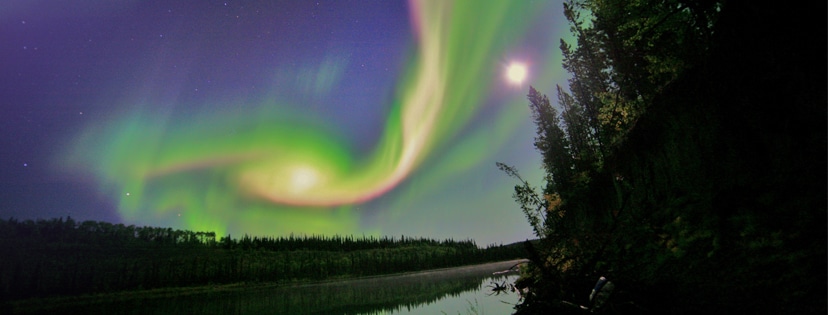
As part of the five day Space Weather of the Heliosphere: Processes and Forecasts, IAU Symposium 335 taking place at the University of Exeter, Exeter Northcott Theatre will be hosting a free public lecture.
5 Million Degrees: Journey to the centre of the Sun
Public lecture by Prof. Lucie Green, University College London
110 times wider than Earth; 15 million degrees at its core; an atmosphere so huge that Earth is actually within it: come and meet the star of our solar system.
Light takes eight minutes to reach Earth from the surface of the Sun. But its journey within the Sun takes hundreds of thousands of years. What is going on in there? What are light and heat? How does the Sun produce them and how on earth did scientists discover this? Join Lucie Green for an enlightening talk, taking you from inside the Sun to its surface and to Earth, to discover how the Sun works, how a solar storm can threaten the modern technology that society relies on and more of the latest research in solar physics.
Lucie Green is a British science communicator and solar researcher. Since 2005 Green has been a Royal Society University Research Fellow at Mullard Space Science Laboratory of the University College London.
Venus – an Exoplanet next door
Public lecture by Dr Sanjay S. Limaye, University of Wisconsin, Madison, USA
In 1761 Lomonosov observed the transit of Venus as it crossed the Sun’s disc, making the first observed discovery about another planet – that our nearest solar system neighbor had an atmosphere. This technique has led to the discovery of thousands of planets around other stars. Nearly two hundred years later in 1962, the Mariner 2 spacecraft successfully flew past Venus and made the major discovery that the planet’s surface was extremely hot. Since then Venus has been explored by atmospheric entry probes, landers, balloons and orbiters in addition to being observed by spacecraft on their way to other destinations. We have discovered that the cloud covered planet which takes longer to rotate about itself than to orbit the Sun is still shrouded in mystery. If we cannot understand our closest planetary neighbor, how can we really appreciate with confidence the mysteries of other exoplanets beyond our own solar system?
Sanjay Limaye is a planetary scientist at the Space Science and Engineering Center at the University of Wisconsin-Madison.
At the end of the two public lectures, we invite members of the public to a ‘fun fair’ with some hands-on demos for children and adults to use. Demonstrations will start around 7:30pm, on the open stage of the Northcott Theatre. Please visit the funfairs webpage for a list of demonstrations.
This event is free but please register to attend.

